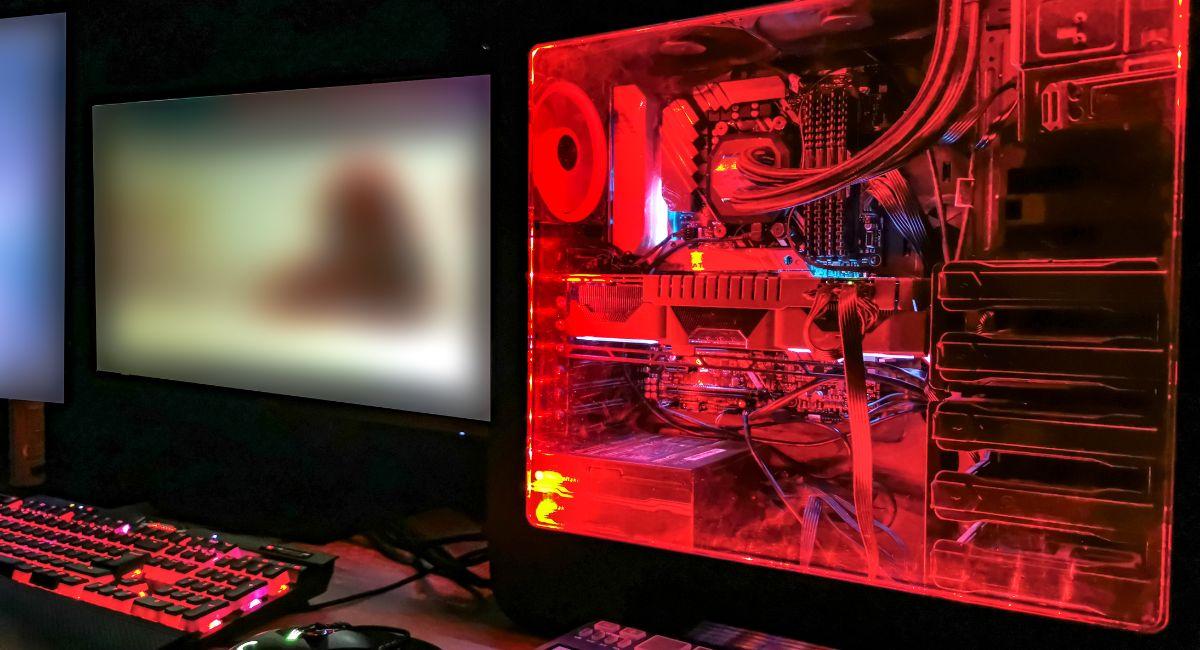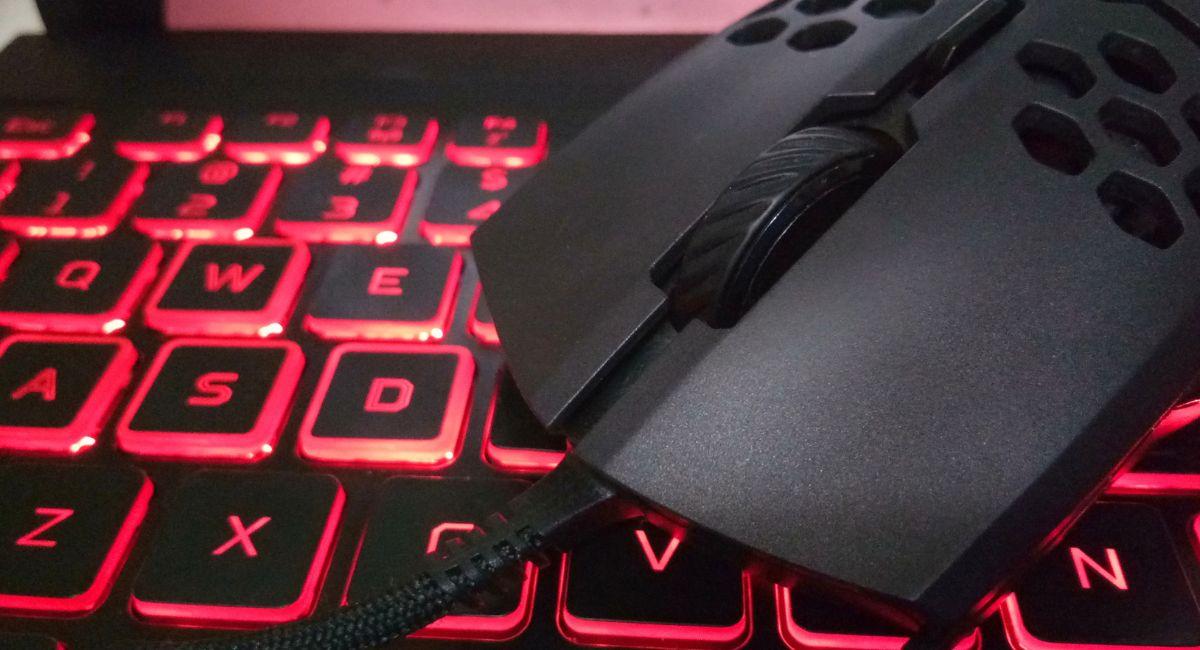January 16, 2024 by Diana Ambolis
1289
The gaming industry has witnessed a transformative wave with the integration of blockchain technology, and Non-Fungible Tokens (NFTs) have emerged as a game-changer. NFTs, unique digital assets verified on a blockchain, provide a novel way for gamers and developers to interact with in-game items, assets, and experiences. Let’s delve into the top 10 ways the
The gaming industry has witnessed a transformative wave with the integration of blockchain technology, and Non-Fungible Tokens (NFTs) have emerged as a game-changer. NFTs, unique digital assets verified on a blockchain, provide a novel way for gamers and developers to interact with in-game items, assets, and experiences. Let’s delve into the top 10 ways the gaming industry leverages NFTs.
Top 10 Ways the Gaming Industry Harnesses Non-Fungible Tokens

1. Ownership and Scarcity of In-Game Assets:
NFTs enable true ownership of in-game assets by representing them as unique tokens on the blockchain. Whether it’s rare skins, weapons, or virtual real estate, NFTs imbue digital items with scarcity, allowing gamers to trade, sell, and showcase their exclusive belongings.
2. Player-Driven Economies:
NFTs empower players to participate in player-driven economies within games. Gamers can buy, sell, and trade assets with real-world value, fostering a dynamic and decentralized marketplace where rarity and demand influence the value of in-game items.
3. Cross-Game Interoperability:
Some gaming platforms use NFT standards that allow for interoperability across multiple games. Players can carry their NFT-based assets from one game to another, creating a seamless and connected gaming experience across different virtual worlds.
4. Provably Rare Collectibles:
NFTs use blockchain technology to ensure provable rarity and authenticity. Game developers can create limited edition collectibles, and players can verify the scarcity and uniqueness of these items through the transparent and immutable nature of the blockchain.
5. Tokenizing Game Characters:
NFTs extend beyond in-game assets to include characters themselves. Game developers tokenize characters as NFTs, giving players the ability to truly own and customize their avatars. This opens up new avenues for personalization and self-expression in the gaming universe.
6. Decentralized Gaming Platforms:
NFTs contribute to the decentralization of gaming platforms. Blockchain-based games often operate on decentralized networks, reducing the control of central authorities and enhancing transparency. NFTs, as blockchain-based assets, fit seamlessly into this decentralized gaming landscape.
7. Crowdfunding and Fundraising:
Game developers leverage NFTs for crowdfunding and fundraising purposes. By offering exclusive NFTs as part of crowdfunding campaigns, developers can generate funds and engage the gaming community, fostering a sense of ownership and support among backers.
8. Play-to-Earn Models:
NFTs play a pivotal role in the “play-to-earn” model, where gamers can earn real-world value through in-game achievements and activities. By tokenizing rewards, items, and characters, players can monetize their gaming prowess and investment in a virtual environment.
9. Dynamic Storytelling and Quests:
NFTs enable dynamic storytelling within games. Developers can create unique quests, storylines, or events tied to specific NFTs. Players, in turn, can participate in these narratives, unlocking exclusive content and experiences based on their possession of certain NFTs.
10. Community Engagement and Governance:
Gaming communities are strengthened through NFTs by incorporating them into governance models. Token holders may have voting rights in decisions related to the game’s development, fostering a sense of community ownership and involvement.
Also, read- Creating NFTs for Social Impact: How Nonprofits Are Leveraging Blockchain Technology
Challenges and Considerations

The integration of Non-Fungible Tokens (NFTs) in the gaming industry brings forth exciting possibilities, but it also presents several challenges and considerations. Here are some key challenges associated with harnessing NFTs in the gaming industry:
- Scalability:
- Challenge: As the popularity of blockchain-based gaming and NFTs increases, scalability becomes a significant concern. Current blockchain networks may face challenges in handling a large volume of transactions efficiently.
- Consideration: Solutions like layer 2 scaling solutions or dedicated gaming blockchains are being explored to address scalability issues.
- High Gas Fees:
- Challenge: Transaction fees, often referred to as gas fees, on blockchain networks can be high during periods of high demand.
- Consideration: Implementing gas-efficient solutions and exploring blockchain networks with lower fees can help mitigate this challenge.
- User Onboarding and Complexity:
- Challenge: The onboarding process for users unfamiliar with blockchain technology can be complex.
- Consideration: User-friendly interfaces, tutorials, and streamlined processes are essential for ensuring a smooth onboarding experience.
- Environmental Concerns:
- Challenge: The environmental impact of blockchain networks, particularly those using proof-of-work consensus mechanisms, has raised concerns.
- Consideration: Exploring and adopting eco-friendly consensus mechanisms or transitioning to more sustainable blockchain networks can address these concerns.
- Marketplace Security:
- Challenge: NFT marketplaces are susceptible to scams, counterfeit items, and hacking attempts.
- Consideration: Implementing robust security measures, smart contract audits, and community-driven vigilance can help ensure the integrity of NFT marketplaces.
- Intellectual Property and Copyright Issues:
- Challenge: NFTs can represent digital assets, including in-game items and art, raising concerns about intellectual property and copyright infringement.
- Consideration: Establishing clear ownership rights and licensing agreements, as well as implementing mechanisms to prevent unauthorized use, can address these issues.
- Inclusivity and Accessibility:
- Challenge: The cost associated with acquiring NFTs and participating in blockchain-based gaming may exclude certain demographics.
- Consideration: Designing mechanisms for earning or acquiring NFTs within games, ensuring a diverse range of offerings, and exploring affordable blockchain solutions can enhance inclusivity.
- Integration with Traditional Gaming:
- Challenge: Bridging the gap between traditional gaming platforms and blockchain-based NFT systems can be challenging.
- Consideration: Developing interoperability standards, creating bridges between traditional and blockchain gaming ecosystems, and providing incentives for migration can facilitate integration.
- Legal and Regulatory Compliance:
- Challenge: The regulatory landscape for NFTs and blockchain gaming is still evolving, leading to uncertainties and potential legal challenges.
- Consideration: Staying abreast of regulatory developments, adopting compliant practices, and engaging with legal experts can help navigate these challenges.
- Long-Term Viability and Hype:
- Challenge: The hype surrounding NFTs may lead to speculative bubbles, and the long-term viability of certain projects may be questionable.
- Consideration: Thorough due diligence, community engagement, and a focus on sustainable development can contribute to the long-term success of NFT-based gaming projects.
Navigating these challenges requires a balanced approach that combines technological innovation, community engagement, and a commitment to addressing the concerns of both developers and users. As the industry matures, collaborative efforts and continuous improvement will play a crucial role in harnessing the full potential of NFTs in the gaming space.
The Future Landscape of the Integration of NFTs in the Gaming Industry
The integration of Non-Fungible Tokens (NFTs) in the gaming industry is poised to shape the future of gaming experiences, economies, and ownership. Here’s a glimpse into the potential future landscape of NFTs in the gaming industry:
- In-Game Asset Ownership:
- Future Trend: Players will have true ownership of in-game assets represented by NFTs. This ownership will enable players to trade, sell, or use their assets across different games and platforms.
- Interoperability Between Games:
- Future Trend: Increased interoperability will allow NFTs to move seamlessly between different games and ecosystems. Players can use their favorite weapons, characters, or items in multiple gaming universes.
- Play-to-Earn Models:
- Future Trend: Play-to-earn models will become more prevalent, allowing players to monetize their in-game achievements. Gamers can earn NFTs through gameplay, contributing to a more sustainable gaming economy.
- Dynamic In-Game Economies:
- Future Trend: NFTs will play a pivotal role in creating dynamic in-game economies. Supply and demand for rare or valuable NFTs will drive economic activities within gaming ecosystems.
- Cross-Platform Integration:
- Future Trend: NFTs will facilitate cross-platform integration, enabling players to use their assets seamlessly across various gaming platforms and devices.
- Emergence of NFT Gaming Platforms:
- Future Trend: Dedicated NFT gaming platforms will emerge, providing a centralized hub for buying, selling, and trading in-game assets. These platforms will offer enhanced security and user-friendly interfaces.
- Community-Driven Development:
- Future Trend: Gaming communities will actively participate in the development and governance of NFT-based games. Community-driven decision-making will become a standard practice.
- Blockchain Interoperability:
- Future Trend: Improved interoperability between different blockchains will enable the transfer of NFTs across diverse blockchain networks, fostering a more connected gaming ecosystem.
- Integration with Virtual Reality (VR) and Augmented Reality (AR):
- Future Trend: The integration of NFTs with VR and AR technologies will enhance immersive gaming experiences. Players can showcase and interact with their NFT assets in virtual environments.
- NFTs Beyond Cosmetic Items:
- Future Trend: NFTs will extend beyond cosmetic items and skins. Functional and utility-based NFTs, such as unique abilities, levels, or quest items, will become integral to gameplay.
- Environmental Sustainability:
- Future Trend: The gaming industry will increasingly adopt environmentally friendly blockchain solutions, addressing concerns about the ecological impact of energy-intensive consensus mechanisms.
- Educational and Training Opportunities:
- Future Trend: NFTs will be utilized in educational and training games, providing learners with unique and tradable assets that represent their achievements and skills.
- Integration of Decentralized Finance (DeFi) in Gaming:
- Future Trend: DeFi concepts will be integrated into gaming, allowing players to leverage their NFT assets for financial activities such as lending, borrowing, or earning passive income.
- Regulatory Frameworks and Standards:
- Future Trend: Regulatory frameworks specific to NFTs in gaming will evolve, providing clearer guidelines for developers, players, and platforms. Industry standards will help foster a more secure and compliant environment.
- Emergence of NFT-Based Game Development Tools:
- Future Trend: Tools and platforms for creating NFT-based games will become more accessible. This democratization of game development will encourage innovation and a diverse range of NFT games.
As these trends unfold, the integration of NFTs in the gaming industry is likely to redefine the relationships between players, developers, and the virtual worlds they inhabit. It represents a shift towards player empowerment, economic opportunities, and new dimensions of gaming experiences. Continuous technological advancements, community engagement, and regulatory clarity will be key factors shaping the future landscape of NFTs in gaming.
Conclusion:
In the intersection of blockchain and gaming, NFTs have unleashed a new era of possibilities. From redefining ownership and scarcity to transforming economies within virtual realms, the gaming industry’s adoption of NFTs showcases the potential for blockchain to revolutionize the way we play, engage, and even earn within digital landscapes. As developers and gamers continue to explore the potential of this technology, the synergy between NFTs and gaming is poised to redefine the future of interactive entertainment.































































